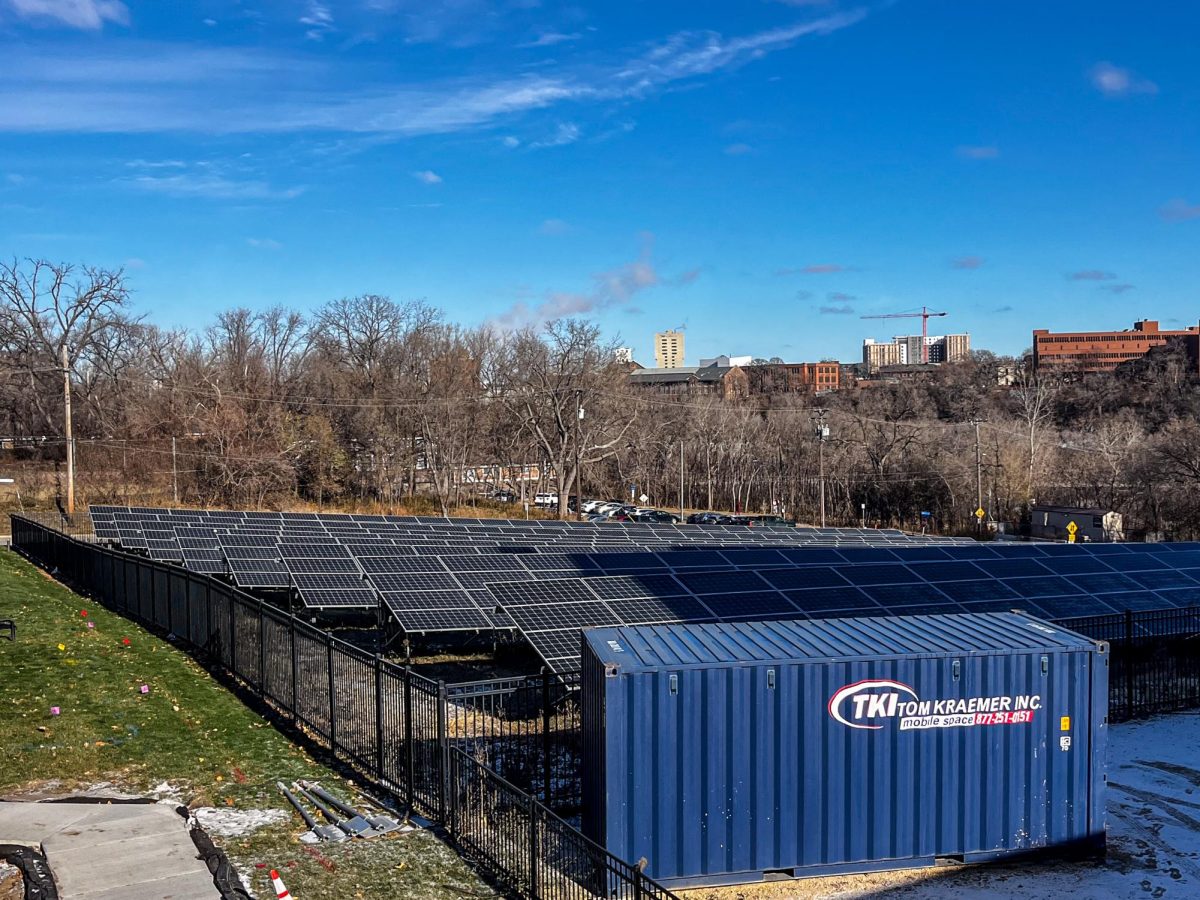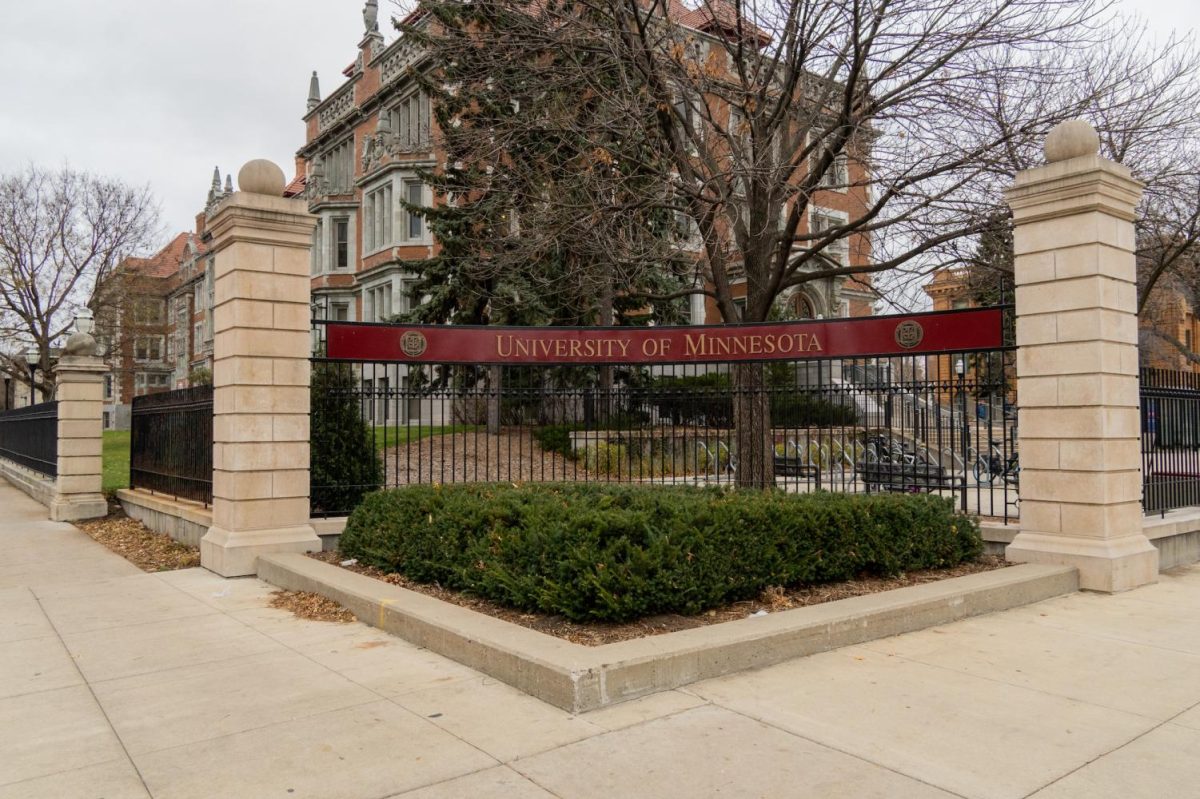The University of Minnesota is preparing to launch a 12-credit graduate-level certificate program in Sustainable Environmental, Social and Governance (SESG) Leadership next fall to keep up with growing demands for education in sustainability best practices in corporations.
An interdisciplinary program, the certificate was created to ensure students are well-versed in a variety of topics concerning sustainability and climate change. The program was developed in collaboration with the Carlson School of Management, the Humphrey School of Public Affairs and the Institute on the Environment.
Philip Miller, the assistant dean for the Masters of Business Administration & Master of Science Programs at Carlson, said the SESG certification program’s interdisciplinary University sponsors are key to its success, allowing students to effectively engage with both private and public industries.
“We thought something offered by just the business school or just the public policy school would be missing an important part of the equation,” Miller said.
According to Miller, the program comes with strong student approval, reflecting the increasing interest in graduate-level courses in sustainability.
Along with the interest expressed by current students, Miller said the certification program is hoping to address the growing demand for professionals to have a comprehensive understanding of environmental issues as they relate to their current profession and career.
The program offers a significant amount of flexibility with both online and in-person courses, according to Miller. The program also allows individuals to customize their learning paths based on their interests, whether in management, finance or public policy, which makes it desirable to professionals already in the workforce.
Jessica Hellmann, executive director of the University’s Institute on the Environment, said the shift in prioritizing sustainability expertise within the workforce mirrors the growing public appreciation for sustainability skills and the heightened significance of environmental concerns.
According to a 2023 Pew Research Center study on the public perception of climate issues, 52% of American adults believe large businesses and corporations can have a significant impact on reducing the effects of climate change.
“It used to be, even like five or 10 years ago, that this kind of activity was limited to the chief sustainability officer or the sustainability part of a company,” Hellmann said. “Now, more and more companies are including sustainability in their human resources because their employees care about sustainability practices of the companies they work for.”
Because the certificate is targeted at working professionals, the program provides a unique opportunity for the immediate application of sustainability principles in the workplace, according to Hellman.
“What’s really amazing about a program like this is that people can come and gain new knowledge, and because they’re already in the workforce, they can apply that knowledge right away and make a difference,” Hellmann said.
Hellmann’s future aspirations include potentially expanding the certificate program into a master’s program to position the University as a leading institution for sustainability education.
According to Steve Kelley, the director of the Humphrey School’s Master of Public Affairs program, leaders of the SESG program are striving to integrate practical application of skills and knowledge. This includes both hypothetical experiential scenarios and real-world engagement with specific clients.
Students are required to enroll in the introductory course alongside the Change Leadership for Environmental, Social, and Governance Action course, which are both offered at the Humphrey School, according to Kelley. Afterward, students select one of two courses at the Carlson School: Sustainable Supply Chain or Financial Reporting on Sustainability.
Students will then complete six elective credits, choosing between classes available at the Humphrey School, the Carlson School and one offered through the Department of Civil, Environmental, and Geo-Engineering.
The program’s goal is to teach students essential background knowledge on fundamental aspects of sustainable practices, such as carbon accounting and industry standards, and emerging topics that are expected to become more relevant to the industry, like a circular economy.
“The most forward-looking organizations have reached the conclusion that they need to build sustainability into everything they do and that everybody is going to be on the sustainability mission as part of doing their job,” Kelley said. “The opportunity and challenge for the University as a whole is to think about how we can expand sustainability across the whole range of educational opportunities that we provide to students.”













